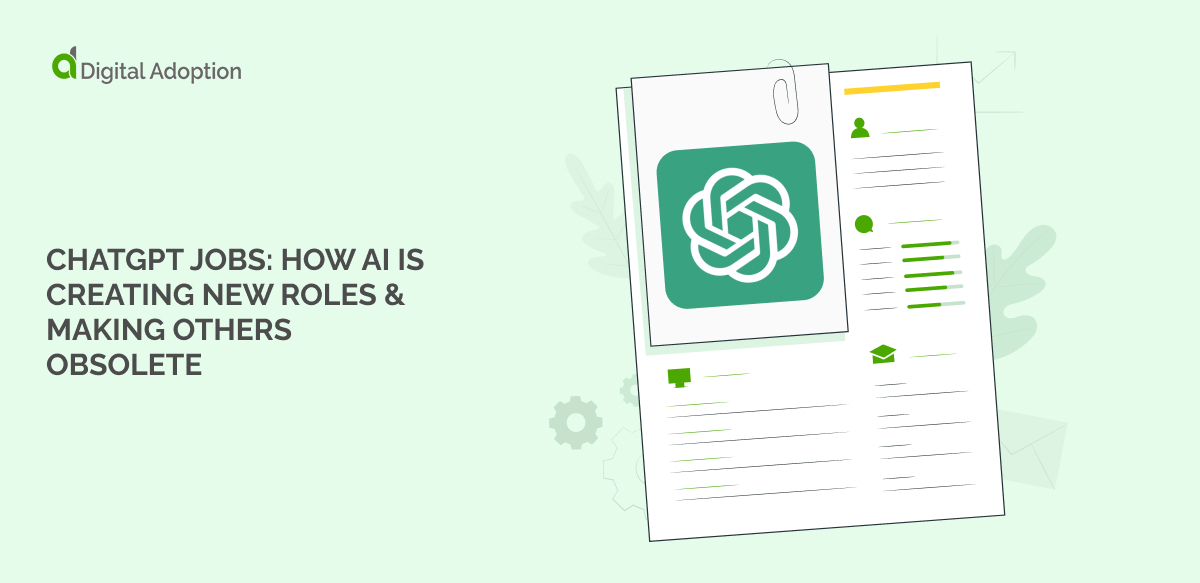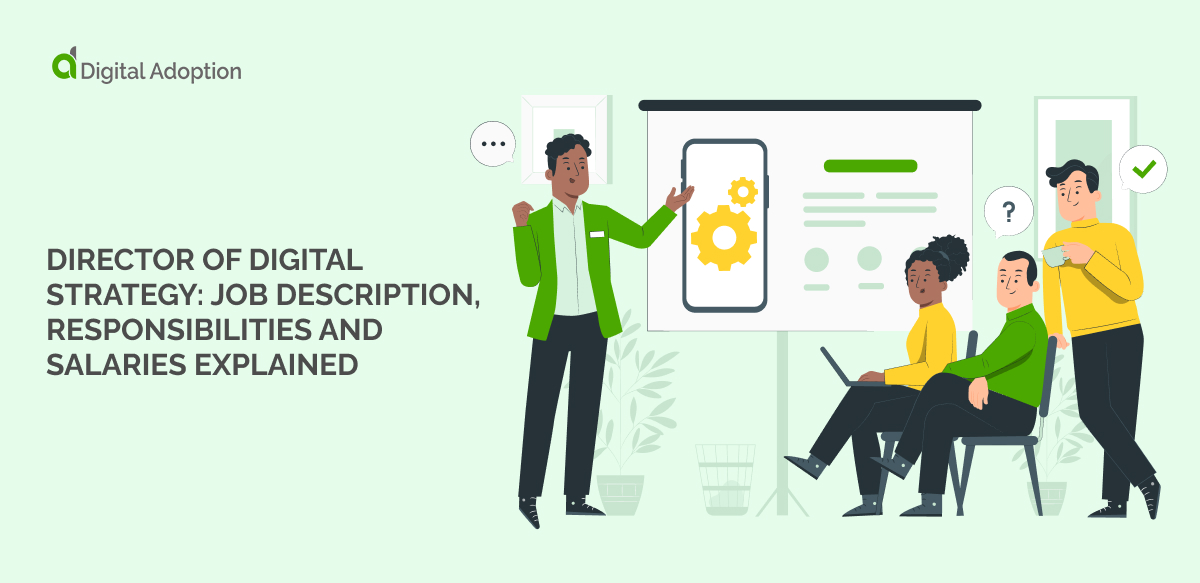Digital training and development jobs are on the rise, since enterprise training needs are also growing.
In this article, we will learn more about these jobs, including:
- Why they are becoming more popular
- Some of the best jobs to look for
- Where to go for more information
Anyone interested in enterprise training and development will be opening themselves up to a potentially rewarding career, since the corporate training industry is set to explode.
Why Digital Training and Development Jobs Are On the Rise
There are a few major trends that are causing an increase in corporate training and development jobs – particularly those that focus on digital training.
These trends include:
- Digital innovation, which is occurring at an unprecedented pace and causing a massive influx of new products and services
- Digital transformation, or organizational transformations that are being fueled by digital innovation and change
- The digital workplace, a new workplace model that is built on brand-new digital workflows, work processes, technology, and more
Today, organizations must transform their workplaces … and maintain skilled, productive workforces … in order to keep up with these changes.
For these reasons, training and development jobs have been skyrocketing in popularity.
What Are Some of the Top Digital Training and Development Jobs?
Let’s look at a few job categories that are on the rise.
Naturally, this list will continue to grow in the years to come, but as of this writing, here are a few job categories that are ideal for anyone interested in digital training and development.
Employee Experience Managers
Employee experience managers, as the job title suggests, manage the employee experience.
That is, they:
- Proactively collect data about and analyze how employees experience their jobs
- Manage and optimize each stage of the employee life cycle, from recruitment through post-exit interactions
- Attempt to improve each of these areas in order to create better experiences for employees, as well as better employee performance metrics for the organization
As with most of the jobs here, the exact duties assigned will vary from position to position.
One organization, for instance, may focus more on certain aspects of the employee experience, such as the work environment or well-being programs.
Job descriptions and organizational mandates will naturally make these differences clear.
Employee Training Specialists
Employee training specialists, managers, and directors will focus specifically on duties such as:
- Training new employees
- Developing training material and curricula
- Implementing and coordinating training efforts
- Managing software training
Of all the job positions listed here, training specialists tend to focus the most on skills training.
However, it is important to note that other jobs are involved with training. And other aspects of the employee experience impact skills development, such as onboarding, for instance.
Employee Onboarding Specialists
Employee onboarding specialists focus on the onboarding stage of the employee life cycle.
This stage is a crucial point in the employee journey, for several reasons:
- Employees typically begin job training on the first day
- Engagement during this stage of the employee journey has a significant effect on employees’ ability to learn
- Onboarding effectiveness impacts long-term engagement, productivity, and retention
Smaller or mid-sized organizations will typically assign onboarding duties to another specialist, such as an employee experience managers or an HR professional.
For that reason it pays to investigate HR as a job option early on, then specialize later on.
HR
HR professionals handle a wide variety of tasks related to employment, including – but not limited to – employee training.
The exact duties of an HR specialist will vary depending on their job position, the organization, and their career interests.
Over time, someone interested in training may choose to focus on training by adopting those responsibilities or pursuing more specialized jobs.
HR is a very rewarding career in and of itself, and since HR often manages the training function in a business, HR can be an excellent starting point for discovering training jobs.
Digital Adoption Managers
Digital adoption managers specifically focus on the digital adoption of new software.
Their duties vary from business to business, but tend to focus on:
- Training employees on new software
- Designing training efforts
- Creating digital adoption strategies
- Measuring and managing adoption efforts
- Implementing and managing digital adoption platforms (DAPs)
In the modern, digital-first enterprise, digital adoption is a very important business function.
After all, as we saw above, contemporary organizations must continually adopt new software in order to transform and stay competitive in the digital economy.
Where to Go Next
Here are a few tips that can help job seekers find and obtain some of the jobs mentioned here:
- Start small and general. Those who lack sufficient experience cannot land an advanced training job at a large enterprise. Instead, start general and start small – as mentioned above, HR can act as an ideal entry point for employee training jobs.
- Do your research. There are quite a few training and development jobs out there, and equally as many pathways to attaining those jobs. Since it will certainly take time to find the right job, it pays to keep researching job positions and education options.
- Keep an eye on the future. In the past few years, we have witnessed a number of changes in the job market. And in the coming years, we will likely see many more. It pays to keep an eye on the future and be prepared for tomorrow’s job market … not just today’s.
For more information on employee training and digital training in the modern enterprise, visit our digital adoption blog.













